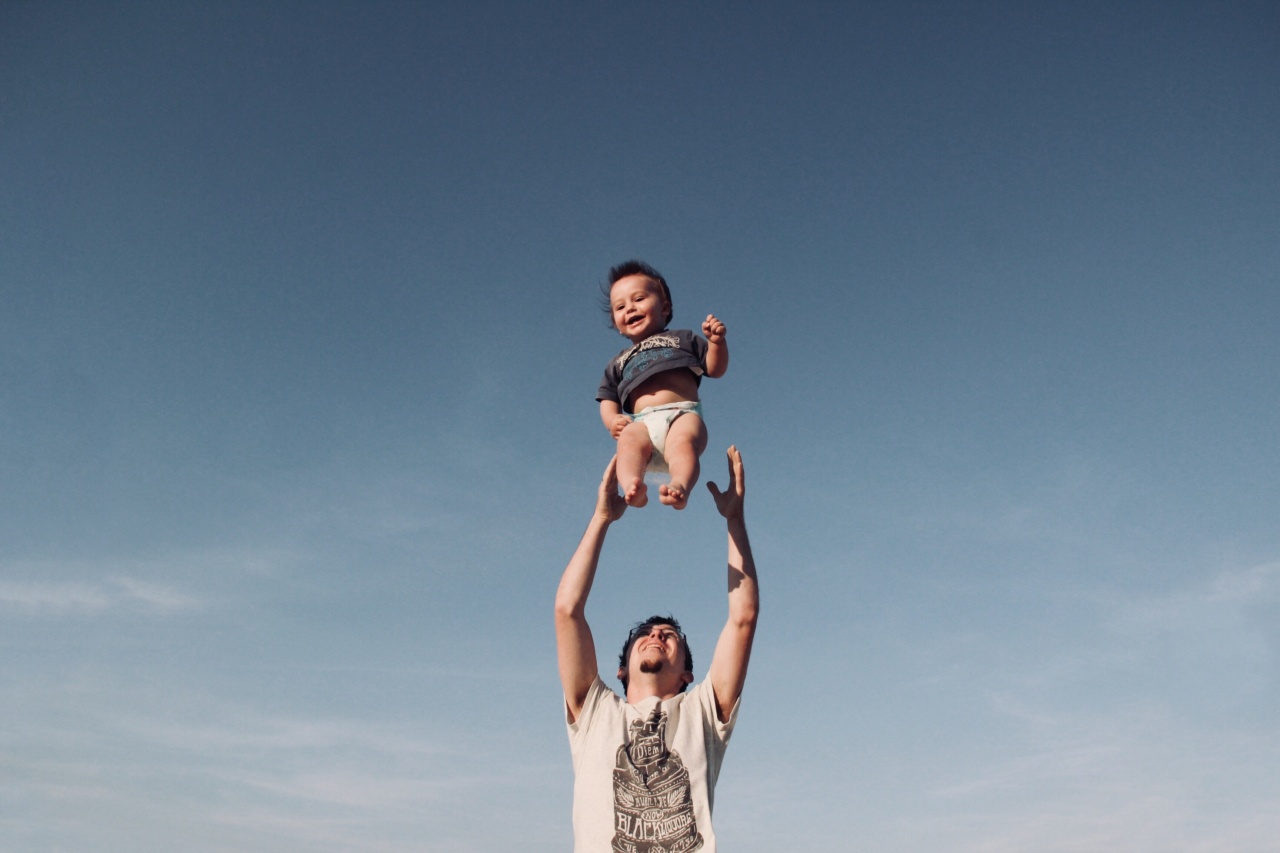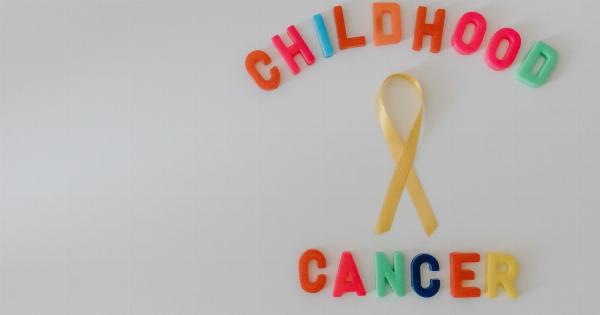Childhood cancer is a devastating diagnosis that affects not just the child, but the entire family. It is important for families to come together and support one another during this difficult time.
This article aims to provide insights and strategies for dealing with childhood cancer as a family.
1. Seek Emotional Support
Receiving a childhood cancer diagnosis can be overwhelming for parents and siblings. It is important to seek emotional support from professionals, such as therapists or counselors, who specialize in working with families impacted by cancer.
Additionally, joining support groups or connecting with other families facing similar challenges can provide a sense of community and understanding.
2. Maintain Open Communication
Open and honest communication is crucial within the family unit when facing childhood cancer. Encourage family members to ask questions, express their emotions, and share their concerns.
Maintaining open lines of communication can foster a strong support system and help everyone involved feel heard and understood.
3. Educate Yourselves
Knowledge is power, especially when it comes to childhood cancer. Take the time to educate yourselves about the specific type of cancer your child has been diagnosed with. Understand the treatment options, potential side effects, and long-term prognosis.
This knowledge will empower you to make informed decisions and advocate for your child’s needs.
4. Create a Routine
Dealing with childhood cancer can disrupt the normal routines of family life. Establishing a new routine can provide a sense of stability and predictability during this uncertain time.
Create a schedule that includes medical appointments, treatment sessions, and also make time for family activities and relaxation.
5. Encourage Sibling Involvement
When a child is diagnosed with cancer, it can be easy for siblings to feel neglected or forgotten. Encourage siblings to be involved in their sibling’s treatment journey.
This can range from accompanying their sibling to appointments, participating in creative projects, or simply spending quality time together. Keeping siblings engaged helps foster a sense of unity and support within the family.
6. Take Care of Your Mental and Physical Health
Dealing with childhood cancer can consume the entire family’s energy and focus. It is essential to prioritize self-care to ensure physical and mental well-being. Take breaks, engage in activities that bring joy, and seek support when needed.
Remember, you cannot pour from an empty cup.
7. Celebrate Milestones and Achievements
Every small victory and milestone achieved during the cancer journey should be celebrated.
Whether it’s completing a treatment phase, a successful surgery, or simply a positive medical report, take the time to acknowledge and celebrate these accomplishments as a family. This promotes a positive outlook and instills hope for the future.
8. Stay Informed about Support Services
There are various support services available to families dealing with childhood cancer. Stay informed about these services and utilize them when needed. This can include financial assistance programs, support organizations, and community resources.
These services can alleviate some of the burdens associated with cancer and provide additional support for the entire family.
9. Seek Quality Time Together
During the difficult times of treatment and frequent hospital visits, it is important to prioritize quality time together as a family. Plan activities that bring joy and create lasting memories.
This can be as simple as a family game night, a picnic in the park, or a movie night at home. These moments of togetherness help strengthen family bonds and offer respite from the challenges of childhood cancer.
10. Maintain Hope and Optimism
Living with childhood cancer can be emotionally draining, but it is crucial to maintain hope and optimism. Surround yourselves with positive influences and maintain a positive outlook.
Celebrate the small victories, find inspiration in success stories, and lean on one another for support. Together, as a family, you have the strength to overcome the challenges that childhood cancer brings.






























